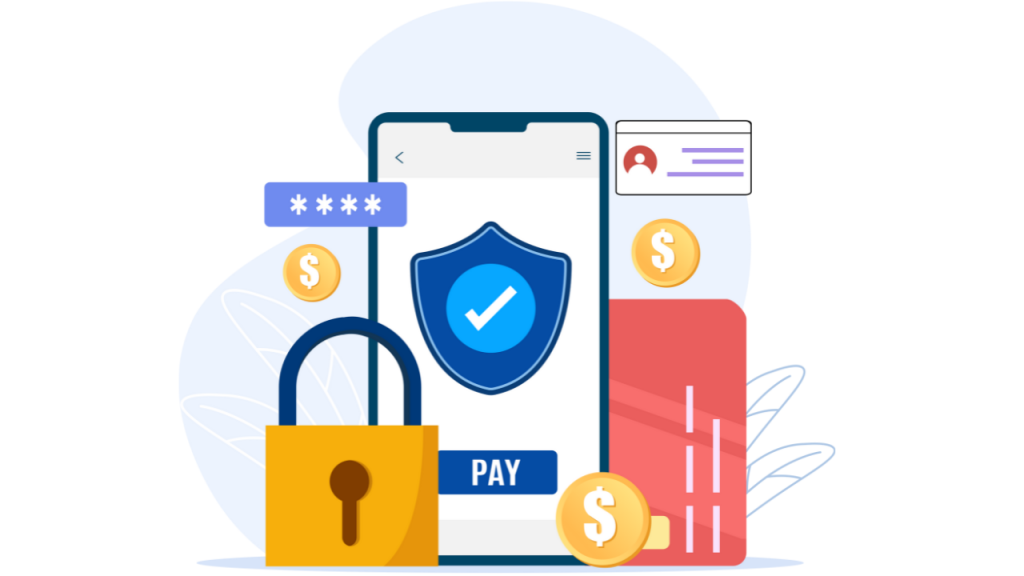App Development Best Practices for Freelancers
Welcome to the captivating realm of freelance app development, where talented professionals unleash their creativity and technical expertise to craft extraordinary digital experiences. In this era of boundless possibilities, it is the commitment to app development best practices that set freelancers apart from the crowd. By adhering to these principles, freelancers not only ensure the delivery of high-quality applications but also elevate client satisfaction and propel their own success.
In this exhilarating journey, we will explore the core pillars of app development excellence. From understanding client requirements and designing captivating user interfaces to writing impeccable code and ensuring rigorous testing, we will unveil the secrets that empower freelancers to create remarkable digital solutions.
With an unwavering focus on security, collaboration, continuous learning, and client satisfaction, freelancers can conquer the competitive landscape and leave an indelible mark on the world of app development. Join us as we embark on this quest for greatness, where each best practice we embrace becomes a stepping stone towards freelance success.
What Is App Development?
App development, short for application development, is the process of creating software applications for devices like smartphones, tablets, and computers. It involves designing, coding, testing, and deploying applications that provide specific functions or services to users.
With the growing demand for mobile and web applications, app development has become a dynamic field that offers opportunities for developers to create innovative solutions and contribute to digital transformation.
Best Practices for Freelancers
Understanding Client Requirements
Before diving into the development process, it is crucial to thoroughly understand the client’s requirements. This involves conducting in-depth requirement-gathering sessions, actively listening to the client’s vision, and asking relevant questions. By comprehensively understanding the project’s objectives, scope, and target audience, freelancers can align their development efforts with the client’s expectations.

Additionally, creating a detailed project plan and timeline helps in setting clear milestones and managing the project effectively. Regular communication with the client ensures that both parties are on the same page and enables timely feedback and adjustments.
User Interface (UI) and User Experience (UX) Design
The success of any app largely depends on its user interface (UI) and user experience (UX).
Freelancers should prioritize designing intuitive and visually appealing interfaces that align with the app’s purpose and target audience. By following the principles of user-centred design, freelancers can create interfaces that are easy to navigate, visually appealing, and enhance the overall user experience.
Conducting usability testing and gathering user feedback during the design phase allows for iterative improvements, ensuring a seamless user experience.
ALSO READ: 10 App Development Tools That Every Freelancer Should Know
Code Quality and Documentation
Writing clean and maintainable code is a fundamental aspect of app development. Freelancers should adhere to coding standards and best practices to ensure code quality and readability. Well-structured and modular code not only makes the development process more efficient but also facilitates future updates and maintenance.
Additionally, comprehensive code documentation, including comments and guidelines, helps both the freelancer and potential collaborators understand the codebase and its functionalities.
Testing and Quality Assurance
Rigorous testing and quality assurance are integral to delivering a robust and bug-free app. Freelancers should employ various testing methodologies, such as unit testing, integration testing, and user acceptance testing. Unit tests help verify individual components, while integration tests ensure seamless integration among different modules.
User acceptance testing allows real users to test the app, providing valuable insights and catching any potential usability issues. Effective bug tracking and issue resolution processes contribute to a stable and reliable app.
Security and Privacy
In today’s digital landscape, ensuring the security and privacy of user data is paramount. Freelancers should implement robust security measures, including secure authentication mechanisms and data encryption protocols, to protect sensitive information.

Regular security audits and updates are necessary to stay ahead of potential vulnerabilities and ensure a safe user experience. By prioritising security and privacy, freelancers can build trust with their clients and users.
Collaboration and Communication
Effective collaboration and communication play a vital role in freelance app development. Freelancers should maintain open and transparent communication channels with clients and team members.
Regular status updates, feedback loops, and timely query resolution foster strong working relationships and ensure everyone is on the same page.
Utilizing collaboration tools and project management platforms helps streamline communication and facilitates efficient project coordination.
Continuous Learning and Skill Enhancement
In the rapidly evolving field of app development, freelancers must stay updated with the latest industry trends and technologies. Continuous learning and skill enhancement are crucial to deliver innovative solutions and meet client expectations.
Freelancers should invest time in exploring online courses, tutorials, and developer communities to expand their knowledge and sharpen their skills. By staying abreast of emerging technologies, freelancers can offer cutting-edge solutions to their clients, stay competitive, and position themselves as experts in the field.
ALSO READ: 5 Essential Skills Every Mobile App Developer Should Master
Client Satisfaction and Support
Client satisfaction is the cornerstone of a successful freelance career. Freelancers should focus on delivering projects on time and meeting or exceeding client expectations. By paying attention to detail, ensuring the app aligns with the client’s vision, and providing regular progress updates, freelancers can foster trust and build strong client relationships.

Post-development support and maintenance are equally important, as they demonstrate a commitment to the app’s long-term success. Timely bug fixes, updates, and responsive customer support contribute to client satisfaction and pave the way for future collaborations and referrals.
Conclusion
As a freelance app developer, incorporating best practices into your workflow is essential for success. By understanding client requirements, prioritizing UI/UX design, maintaining code quality, conducting thorough testing, ensuring security and privacy, fostering collaboration and communication, continuously learning, and prioritizing client satisfaction, freelancers can differentiate themselves in the competitive app development industry.
Embracing these best practices not only leads to high-quality deliverables but also establishes a reputation for professionalism and excellence. By striving for continuous improvement and following these best practices, freelance app developers can thrive in their careers and build long-lasting client relationships.
